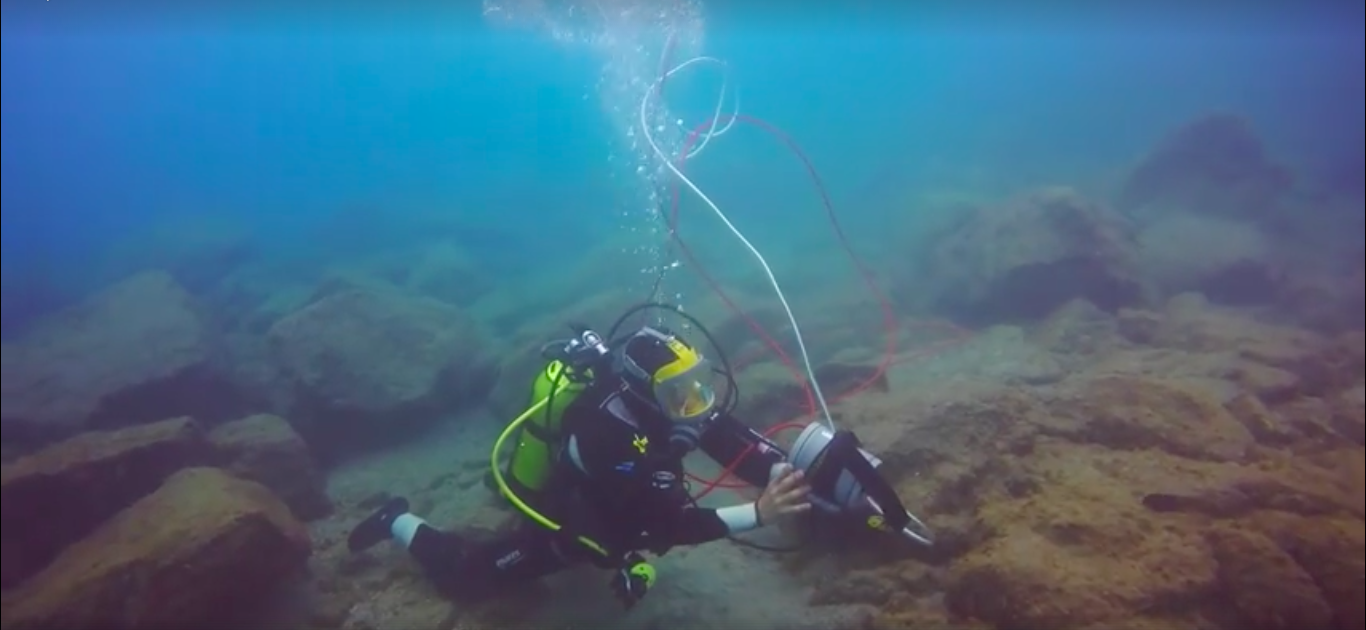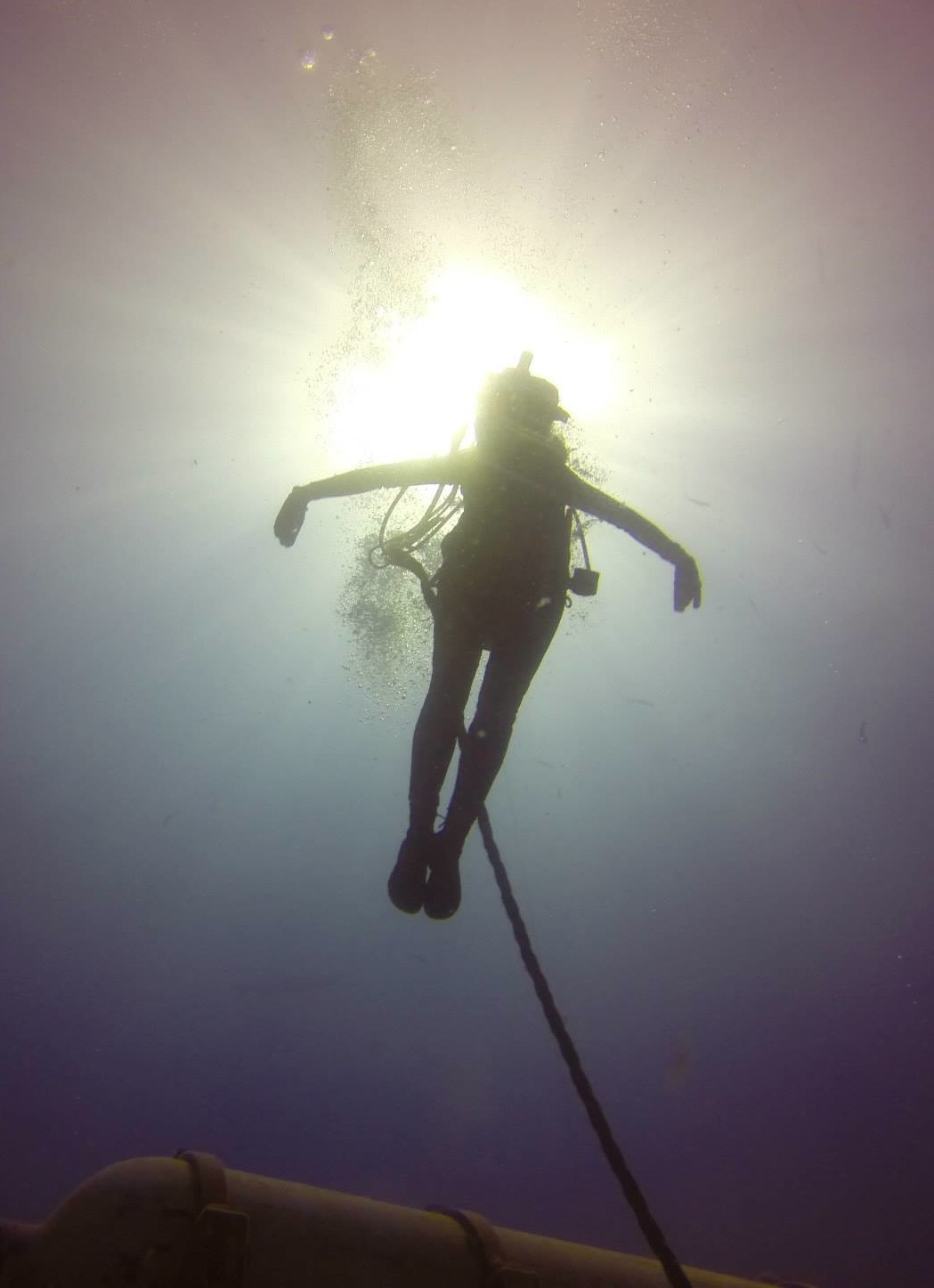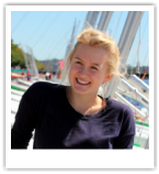Next week we are hosting what we think is the FIRST LIVE UNDERWATER SEMINAR at Oxford! Come along if you're in the area! It'll also be video-recorded/posted online at a later date.
| The Conservation Governance Lab and The Ocean Science & Policy Lab present: David Novillo -- Live and interactive from under the ocean of Tenerife Wednesday 17th May 12.30 in Becket Room, Department of Geography David Novillo is an entrepreneur and conservationist who through vision, drive and boundless optimism and enthusiasm is pulling off one of the most innovative and exciting marine restoration projects in Spain, if not Europe. Using the wonders of modern technology, David and his colleague Filipe, will take us underwater to show marine ecosystems damaged by lime urchins and the transformation in marine life that their control and restoration of algal communities brings. As David descends under the waves and swims between areas, Grace Young, Emma McIntosh and Paul Jepson will present the technology being used, the development context of the restoration project and the innovations in marine governance that it represents. We thank the Municipality of Adeje, Tenerife for providing the technological infrastructure to make this link-up possible. Please note. Whilst we have tested the underwater link, weather on the day could intervene! |
NATIONAL GEOGRAPHIC ANNOUNCEMENT
| Image Credit: Mission 31/Fabien Cousteau | Thrilled to have been named one of National Geographic's 2017 Emerging Explorers. Looking forward to learning from the other explorers this June at NatGeo HQ. Read more: Fourteen world-changers named 2017 National Geographic Emerging Explorers
|
Aside: A piece titled "We Need a New Approach for Saving the Oceans!" for the International Foundation for the Conservation of Natural Resources by David Wills mentioned
my 2015 TIME op-ed article about a new vision for ocean research, including creating a CERN-like organization for the ocean. David supports the vision, and explains why fisheries management based on “maximum sustained yield” must be revised (snippet below).
my 2015 TIME op-ed article about a new vision for ocean research, including creating a CERN-like organization for the ocean. David supports the vision, and explains why fisheries management based on “maximum sustained yield” must be revised (snippet below).
| "As a small aside, “maximum sustained yield” (MSY) the mantra for fisheries management, was a practice developed in the 1930’s by the US Forest Service. It may work for trees because they stand still and are easy to count, but it definitely is not a practice that can be easily applied to or work as well for enormous amounts of biomasses of living, moving, animals. In fact it is such a narrowly focused management methodology that the 20th Century’s most respected expert in marine fishery dynamics, the late Peter Anthony Larkin, wrote the MSY epitaph in 1977, four decades ago. Larkin condemned Maximum Sustained Yield because it put marine species at too much risk. It left out too many relevant factors and left management decisions too vulnerable to political pressure to be accurate or objective. Its myopic view is weighted towards “benefits” (to the fishery) while at the same time ignoring relevant negative factors. It strives to impose a constant harvest rate without taking into account each species’ natural biological and environmental fluctuations. In short, MSY is probably not the way to try and ascertain accurate population counts of global fisheries whose health and abundance depend on an integrated management approach. " |
Read David's full article here.




 RSS Feed
RSS Feed
